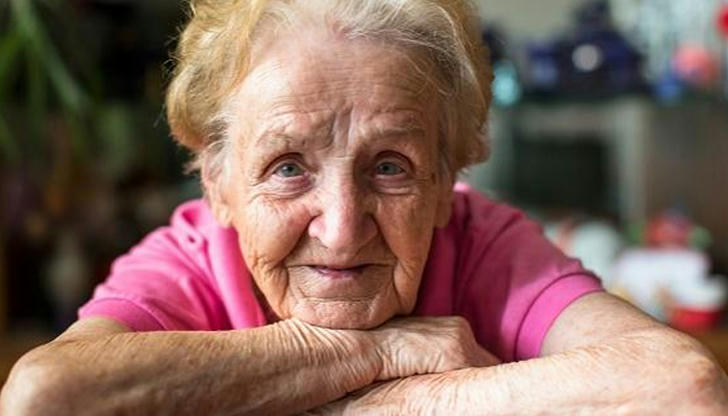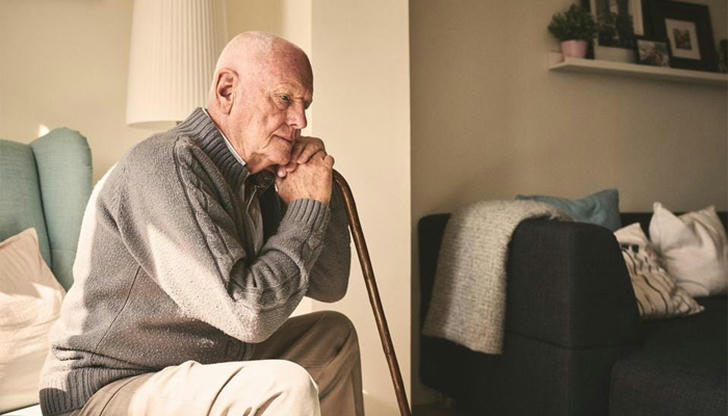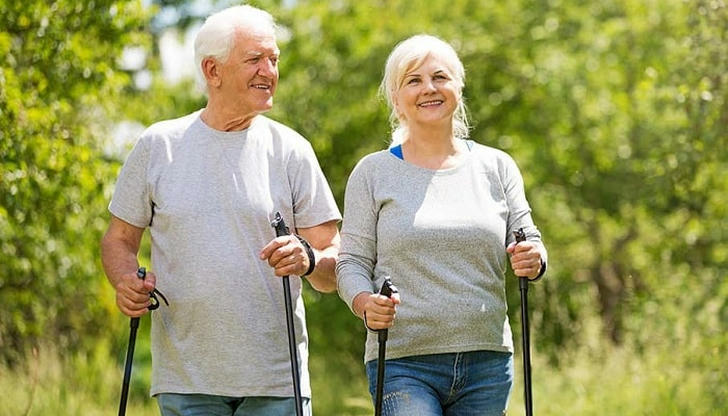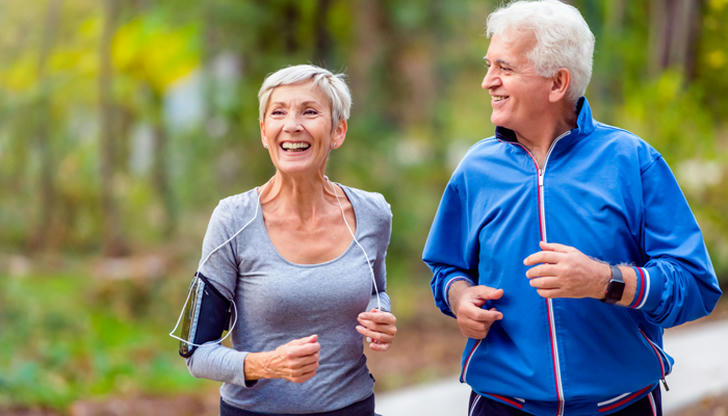After the Age of 60, How To Slow Down Physical Aging

With the increase of age, many parts of the human body have their natural ways of change and aging. For the elderly over 60 years old, it is recommended to understand the natural ways of aging of the body. As we age, which parts of our bodies should we pay more attention to? How to deal with it actively? Read on to find out more.
After 60, Aging Changes of The Cardiovascular System

Many people know that high blood pressure, high blood lipids, diabetes and other problems are risk factors for arteriosclerosis. In fact, in addition to these chronic disease risk factors, aging is also an uncontrollable factor that makes blood vessels lose elasticity and gradually increases the load on the heart. The narrowing and hardening of the blood vessels will affect the blood supply to the heart, and the workload of the heart will further increase.
In order to protect the heart and delay the process of atherosclerosis, we should adopt a healthy lifestyle:
• Keep exercising;
• Eat more fresh fruits and vegetables and whole grains;
• Do a good job of stress management, try to reduce anxiety, tension and other negative emotions;
• Maintain a healthy weight and waistline;
• Ensure adequate sleep time and good sleep quality.
These are very important for cardiovascular health, and we need to adhere to healthy habits for a long time.
Skin Aging Changes After Age 60

As we age, we may find our skin becomes drier, rougher and less supple in addition to wrinkling. The reason for this condition is closely related to changes in human hormone levels and a decrease in the production of natural protective oils by the skin.
The symptoms associated with skin aging can be improved in many ways. For example, in order to improve dry skin, it is a good idea to take a hot bath regularly. If you smoke, quitting smoking will help slow down skin aging and reduce wrinkle.
For the elderly who are often outdoors, they should pay attention to sun protection. Although sunlight exposure can promote the conversion of vitamin D, elderly people who are outdoors for long periods of time should pay attention to applying sunscreen and wearing protective clothing.
Aging Changes In Vision And Hearing After Age 60

Presbyopia in the elderly is a normal phenomenon of aging. In addition, visual aging may also manifest as seeing more glare or becoming less adaptable to sudden changes in light and dark, and it takes a longer time to adjust. And when it comes to hearing, we may find it harder to discern what we want to hear in a noisy environment.
For the elderly over 60 years old, regular inspection of vision and hearing is a very necessary part of physical examination. If you are outdoors, especially in strong sunlight, wear sunglasses to protect your eyes. In noisy environments, earplugs can also be used to reduce hearing damage.
After The Age Of 60, Aging Changes In The Teeth And Gums

There are many elderly people who have oral health problems. Loose or even lost teeth, and gum recession and aging are common problems. In addition, taking certain medicines can also dry the mouth, and a lack of moisture in the mouth is more prone to problems such as tooth decay and infection.
Take care of your oral health even as you get older. You should brush your teeth at least twice a day and floss between your teeth to remove food and plaque that remains between your teeth. In addition, the elderly should pay more attention to regular dental care and examination, and early intervention if there is a problem is also important to protect dental health.
After Age 60, Bones Undergo Aging Changes

Older people over the age of 60, whether male or female, should pay attention to the problem of osteoporosis. And the risk of easy fracture brought by this is even more noteworthy.
If you want to slow down the aging of bones, you should pay more attention to the intake of sufficient calcium and vitamin D, and also pay attention to supplementing nutrients such as magnesium and vitamin K. Good sources of these nutrients in the diet include:
Dairy products, almonds and broccoli, vegetables such as kale, soy products, deep-sea fish, egg yolks, grains, and more.

Supplements may also be considered if adequate dietary supplements are not available. At the same time, reasonable and moderate exercise is also very important.
After Age 60, Muscle Aging Changes

Loss of muscle can lead to decreased strength and poor balance, as well as reduced exercise capacity and an increased risk of falls.
In terms of diet, to protect muscle health, you can take in more fresh vegetables and high-quality protein, such as fish, poultry and other meat, and stay away from high-fat and high-sugar diets. In terms of exercise, a combination of aerobic exercise and strength training is suggested. More training to enhance muscle strength and body balance can better help activate muscle vitality, slow down the process of muscle reduction, and better maintain body strength and athletic ability.
Aging is not a disease. It is a “natural process.”

The elder should understand how human body works, adopt healthy living habits, and quit some bad habits. The aging of related organs and tissues will be effectively slowed down and more significant related health problems can be avoided.

